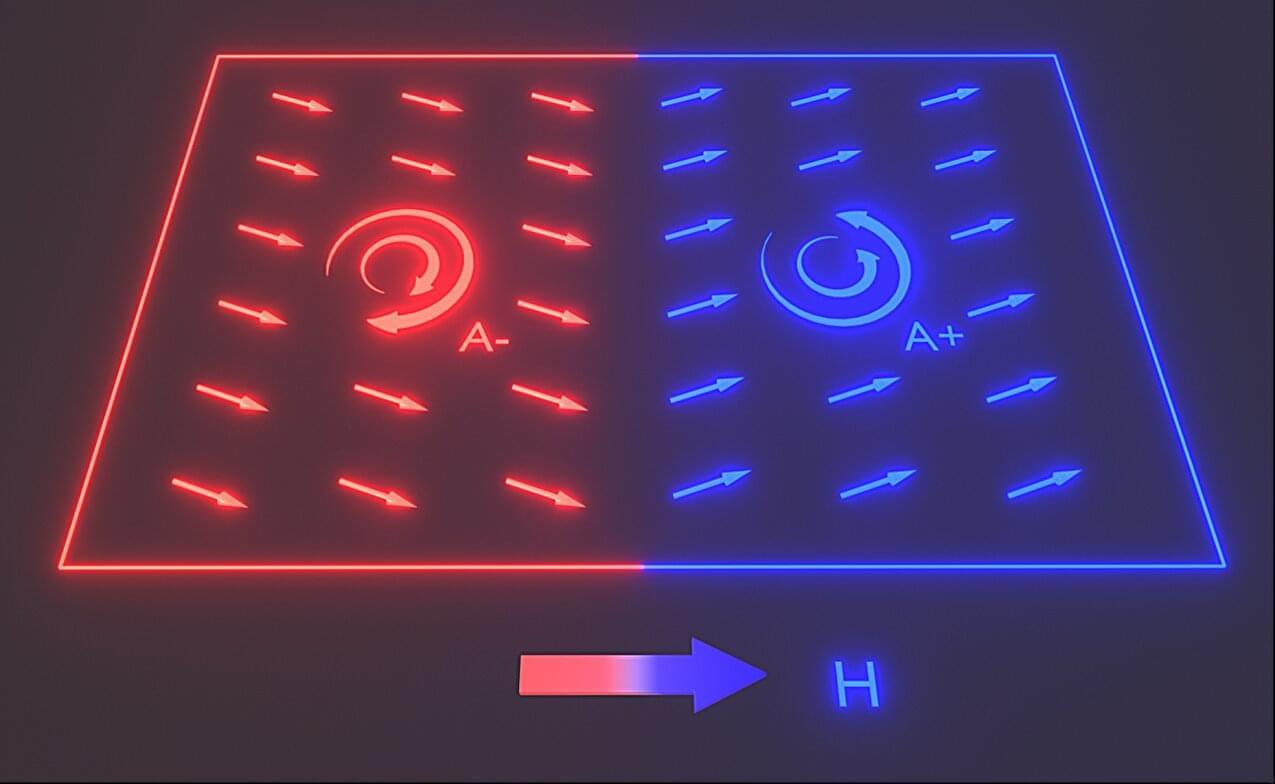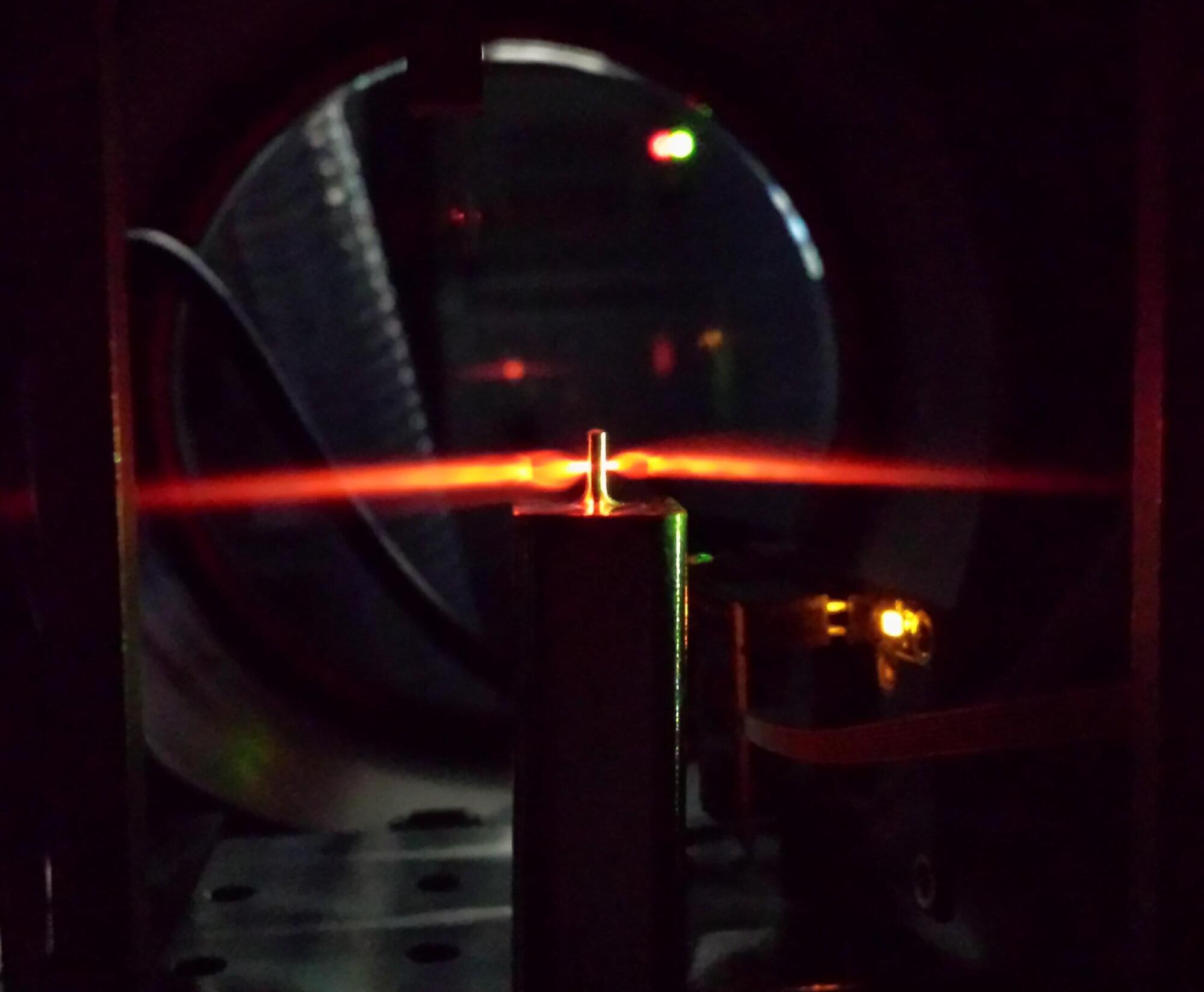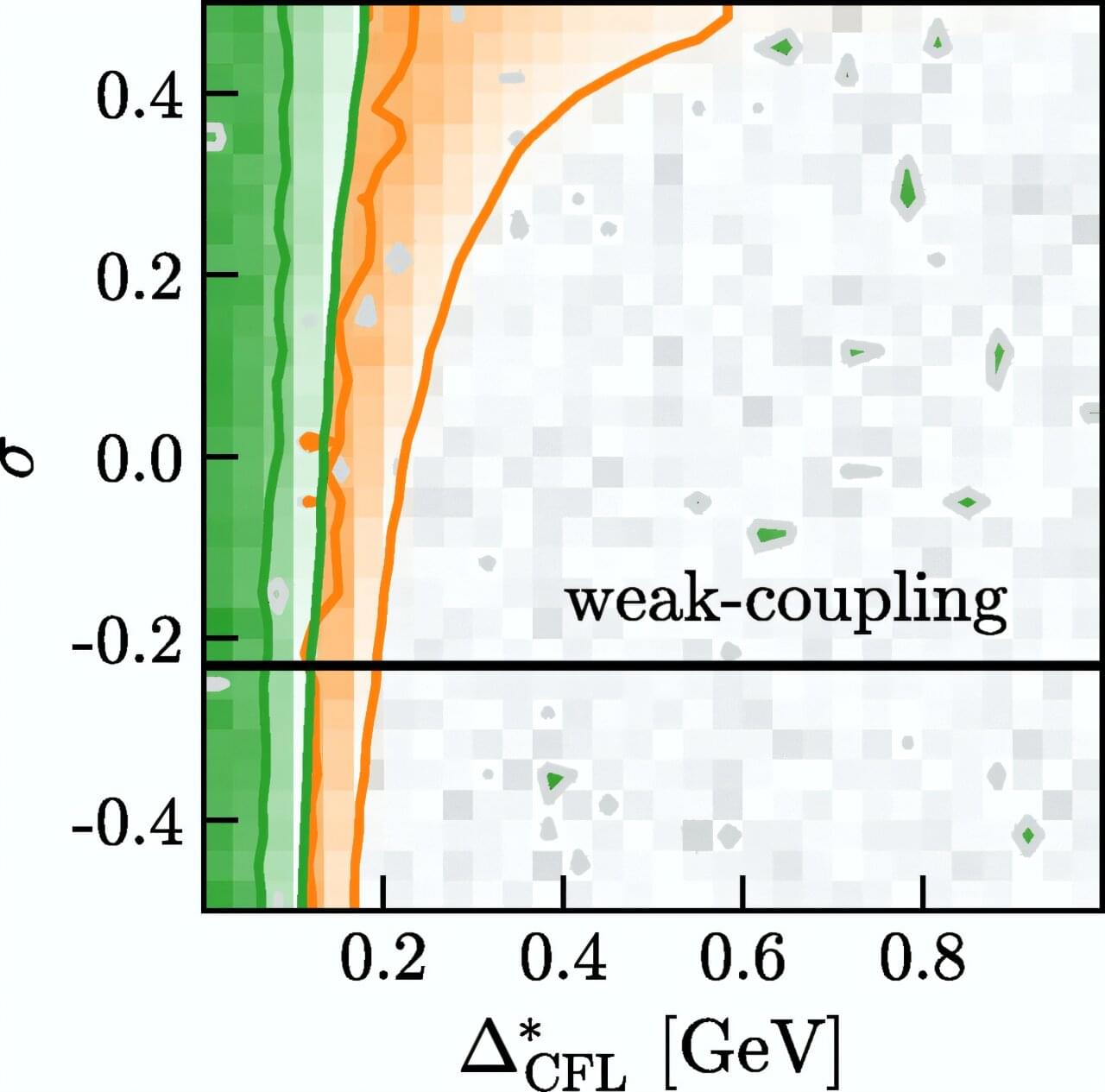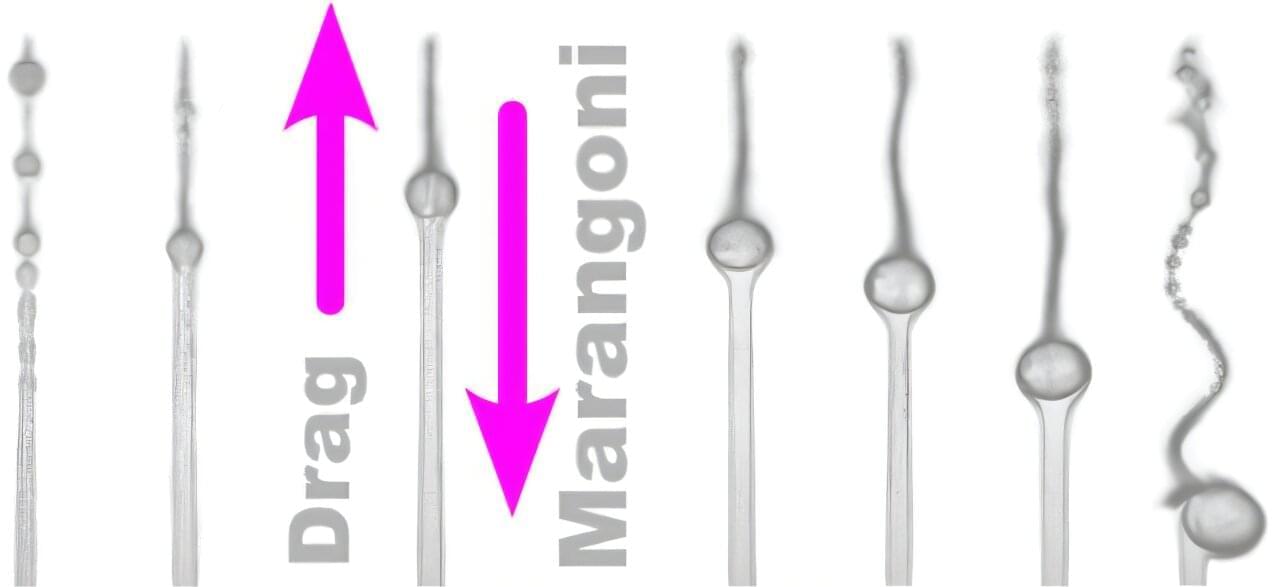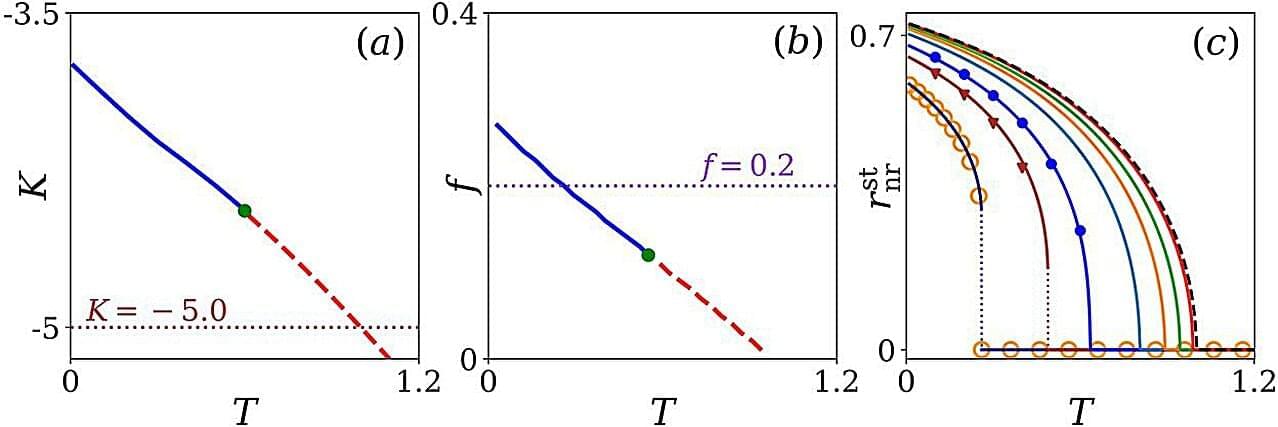Over the past decades, roboticists have introduced a wide range of systems that can effectively tackle some real-world problems. Most of these robots, however, often perform poorly on tasks that they were not trained on, particularly those that entail manipulating previously unseen objects or handling objects that were encountered before in new ways.
Researchers at the Robot Learning Lab at Imperial College London recently developed a new imitation learning approach that could allow robots to successfully learn new tasks faster and without requiring substantial training data. Using this method, which was introduced in a paper published in Science Robotics, they were able to train a robotic arm to complete 1,000 different tasks in a single day.
“The research was initially inspired by our prior work on trajectory transfer, where we introduced a method that proved robust and efficient for teaching robots single tasks,” Kamil Dreczkowski and Pietro Vitiello, co-authors of the paper, told Tech Xplore.


